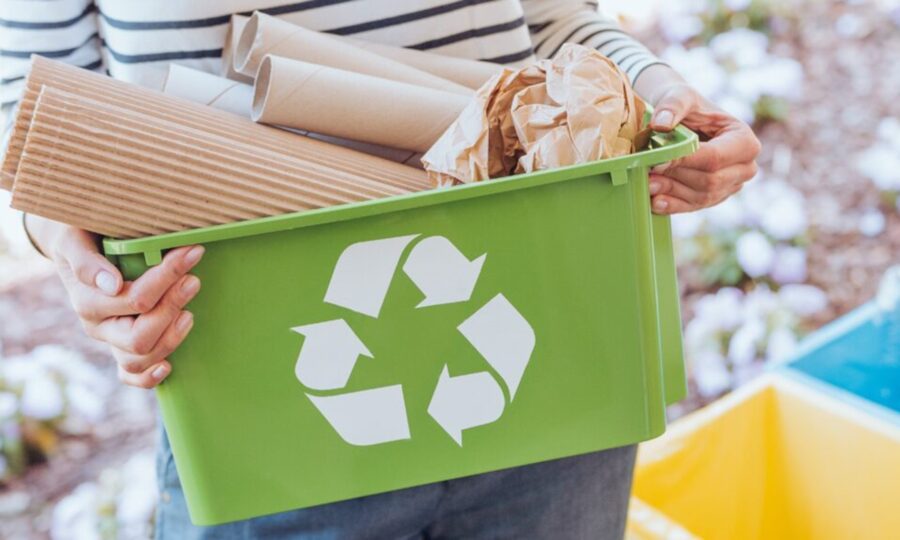After almost an entire year of dealing with the uncertainty brought on by Covid-19, it’s possible most people have not set themselves any New Year’s Resolutions this year. Or if they have, they may have already broken them. I think we could all benefit from creating some self-motivating New Year’s Resolutions, whether big or small, and even now it’s not too late to set an achievable, yet impactful goal.
However, with the UK now in its third national lockdown, it can be difficult to figure out what resolutions you should make while staying safe at home, if you raise enough energy to make any at all. Living more sustainably could be a great resolution to make this year as it only takes a few small household changes to make a big positive impact on the world around you.
According to Sustainability Victoria, a statutory authority on the environment and climate change, sustainable living is “about choices and behaviours, both big and small, that enhance our lives, care for our environment and encourage us to live within our means.” The idea of living sustainably can be achieved through three key methods: by reducing our consumption of non-recyclable materials and instead choosing paper-based alternatives, by reusing paper-based products through repurposing methods, and by always recycling our unwanted paper-based items.
By using these methods, you’ll easily be able to achieve a more sustainable way of living and create positive habits that will stay with you even after 2021.
Seeking more eco-friendly alternatives to non-recyclable materials, such as plastic, is just one way of reducing your consumption of non-recyclable items. Consider using a paper-based alternative instead, like cardboard. Larger companies have gradually begun to do this over recent years, trialling sustainable solutions to single use items. Morrisons supermarket launched paper bags into their stores as an alternative to plastic bags, which they believe could remove an estimated 1,300 tonnes of plastic out of the environment each year. Also, the popular fast-food chain McDonald’s also created sustainable options to their single-use plastics by offering the option of a paper book instead of a toy in their Happy Meals. They also plan to use renewable and recyclable materials in all of their packaging by 2025.
By making simple, eco-friendly changes to your everyday life, you can really help in reducing waste consumption and make a large impression on consumer demand for environmental change.
Currently, the UK’s recycling rate for waste from households stands at 45%, with a yearly target of at least 50%. This is certainly doable if we all play our part in sustainable thinking. Paper in particular is a widely recyclable material. In Europe, 72% of all paper consumption was recycled in 2019, making it one of the most recycled materials of all time. Unlike other household materials such as plastic and metal, which have many ‘dos’ and ‘don’ts’ when it comes to recycling, paper is widely recyclable and can be recycled very easily in the UK in our household recycling bins. Therefore, recycling paper can be an incredibly straightforward way to commit to a sustainable living resolution without it even feeling like a task.
Paper is also a great long-lasting material. Many of us keep paper-based products, such as books, for years, making it a largely reusable product, but what do we do with the paper we don’t want to keep? Recycling is always the best option, but repurposing paper-based products, like cardboard boxes, to reuse is an environmentally friendly method that can be enjoyable and useful. Getting creative and creating cardboard masterpieces, from cardboard doll houses, to a make shift coffee table, you’ll be able to find new ways of reusing paper-based products that will make living more sustainably in 2021 much more fun and engaging for both you and your household.

